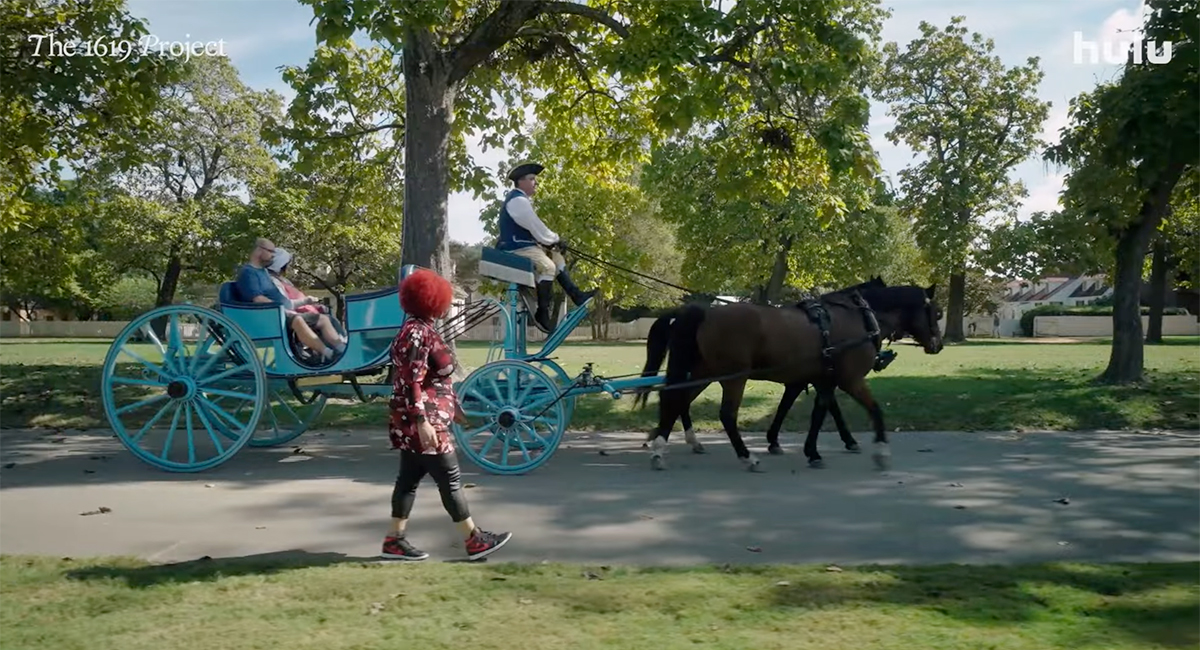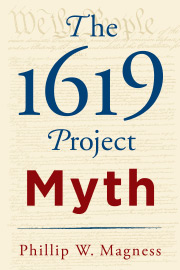Hulu’s series “The 1619 Project” blames economic inequality between blacks and whites on “racial capitalism.” But almost every example presented is the result of government policies that, in purpose or effect, discriminated against African-Americans. “The 1619 Project” makes an unintentional case for capitalism.
The series gives many examples of government interventions that undercut free markets and property rights. Eminent domain, racial red lining of mortgages, and government support and enforcement of union monopolies figure prominently.
The final episode opens by telling how the federal government forcibly evicted black residents of Harris Neck, Ga., during World War II to build a military base. The Army gave residents three weeks to relocate before the bulldozers moved in, paying below-market rates through eminent domain. After the war, the government refused to let the former residents return. Violation of property rights is the opposite of capitalism.
The series also highlights the noxious role of the Federal Housing Administration in red lining. The FHA discriminated against minority neighborhoods by classifying them as too “hazardous” for lending. The writers could have strengthened their case by citing Richard Rothstein’s 2017 book, “The Color of Law.” Mr. Rothstein quotes the FHA’s statement in the 1930s that “no loans will be given to colored developments.” This policy lasted into the 1970s, leaving a legacy of economic segregation. Capitalism wasn’t the culprit; the government was.
Economic historians have long known about discrimination by all-white labor unions. Jimmy Carter’s labor secretary, Ray Marshall, a labor economist, chronicled this discrimination in his academic work. The Wagner Act of 1935 gave white unions privileged bargaining positions under federal law. This government-sanctioned cartelization of labor allowed entire industries to exclude black workers. “The 1619 Project” asserts that labor unions advance the cause of civil rights, though the historical record says otherwise.
The series recognizes the discriminatory effects of Franklin D. Roosevelt’s legislative agenda, which depended on the Democratic machines of the Jim Crow South. The narrator states that “the New Deal represented the first affirmative-action policy for white people.” We couldn’t have put it better.
These and other government policies caused immense economic harm to African-Americans. But they aren’t capitalism. They’re interventions into markets, state-sanctioned theft, and political payoffs to segregationists.
The answer to these problems isn’t to place the burden on the market through reparations. It’s to root out bad government policies that continue, sometimes unintentionally, the long legacy of state-sponsored racial discrimination. That would be a worthy 2023 project.











